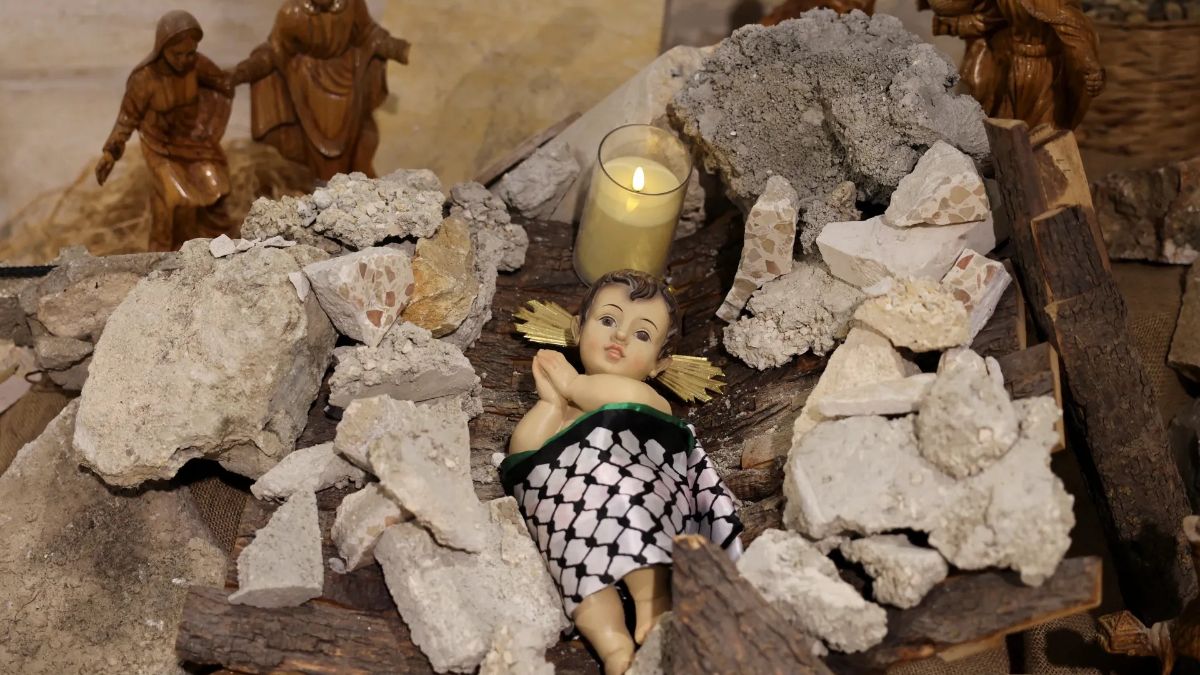Scandalously Wasteful: The Prodigal Dad
"'My son,' the father said, 'you are always with me, and everything I have is yours. 32 But we had to celebrate and be glad, because this brother of yours was dead and is alive again; he was lost and is found.'"
Luke 15:1-3, 11b-32
March 4, 2016, Words By: Joel Van Dyke, Image By:
We continue our trek this Lenten season toward the Cross and our journey this week takes us into a very familiar narrative.
Perhaps the most dramatic example in Scripture of God’s abundant, effulgent love is found in the parable of the prodigal son. The word “prodigal” means reckless, extravagant and wasteful spending. When told in its cultural context, however, it is actually the father who emerges as the reckless, extravagant, and wasteful
one – it is the story of a father’s scandalously shameful display of grace.
First, the father shames himself when he acquiesces to his youngest son’s request for his inheritance. In Middle Eastern culture, to request an inheritance from one’s father while he lives is tantamount to wishing your father dead.The only thing worse is the father’s willingness to grant the son’s request.
The father’s shame becomes community shame in a culture whose strength is derived from the dignity of its elders. Therefore, when the father shames himself for not standing up to the son’s insulting request, he is also shaming his entire village. One of their leading citizens has lost face and his authority as a man of great standing. Consequently, his whole community must unwillingly take on his shame.
The father shames himself a second time in front of his village when he rushes to meet his son who, after having exhausted himself on his wild binge, returns to seek refuge in his father’s house. No head of a household worth his manhood would go out to meet his son, let alone run to meet him. Worse yet, he throws himself upon his son with such effusive affection that again his authority and that of the community is completely undermined. No dignified man would kneel to his son’s transgressions. No man would cut short his son’s explanation in order to give his own cloak, ring, and sandals to such a scoundrel. This scene is more shameful than
the first.
The father shames himself a third time by throwing a party for his son. The father asks for a fatted calf, which would have fed about one hundred people. In Middle Eastern village culture, the entire community would have been expected to attend such a feast. Refusal would have been an offense. And so the whole village is pulled further into the delusions of a father who refuses to save face and deal with his incorrigible son in the privacy of his own home. This party is not only a shameful party, it is a party for shame itself. By now, even the most calloused and wasteful of sons would have been embarrassed, not for himself, but for the outlandish behavior of his father. There is music and dancing at this party, but it is probable that the father is the only one enjoying himself. The heart of the community turns inward as the father’s heart is poured out.
The final act of shame is when the father “comes out” for the second time in this story, but this time it is to meet his oldest son. He does this in full view of the villagers who are likely trying hard to look as if they are enjoying themselves. While the music plays, the oldest son comes in from the fields to discover, to his surprise, a huge party. A young servant tells him about his brother who has come home. True to form, the eldest son is filled with rage at his father’s idiocy. Jealously burns as he hears of his younger brother’s stories. He refuses to enter the party, but stands outside and waits.
The party stops. All eyes turn toward the father. We can imagine the guests whispering to one another, “What will he do now? Will he finally demand some dignity and tell his oldest son to show some respect?” But the oldest son stands resolute and we with him. The party, as well as the story, now takes its most awkward turn. The whole community looks on. Even the youngest son, by this time, can hardly watch his old man completely strip himself of all dignity. Heads fall as the father rushes out to meet his oldest son, shaming himself yet again in front of the whole world.
Jesus does not tell his hearers the last line of the story. The end of the parable is missing. It is what Jesus fails to say in the story – the missing conclusion – that fully and finally sticks in his listeners’ minds. Like the original audience, we are left to wonder if the eldest son ever goes into the party. Suddenly, we are the eldest son, standing face to face with God’s prodigal grace. We are scandalized by such extravagance and not at all sure we want to attend such an awkward party, let alone befriend such a shameless, prodigal God. It takes courage to celebrate such extravagant grace and build communities that reflect and revel in it.
Joel Van Dyke
Director of The Urban Training Collaborative
Street Psalms
*Adapted from Geography of Grace: Doing Theology from Below by Kris Rocke and Joel Van Dyke (Chapter 16)



